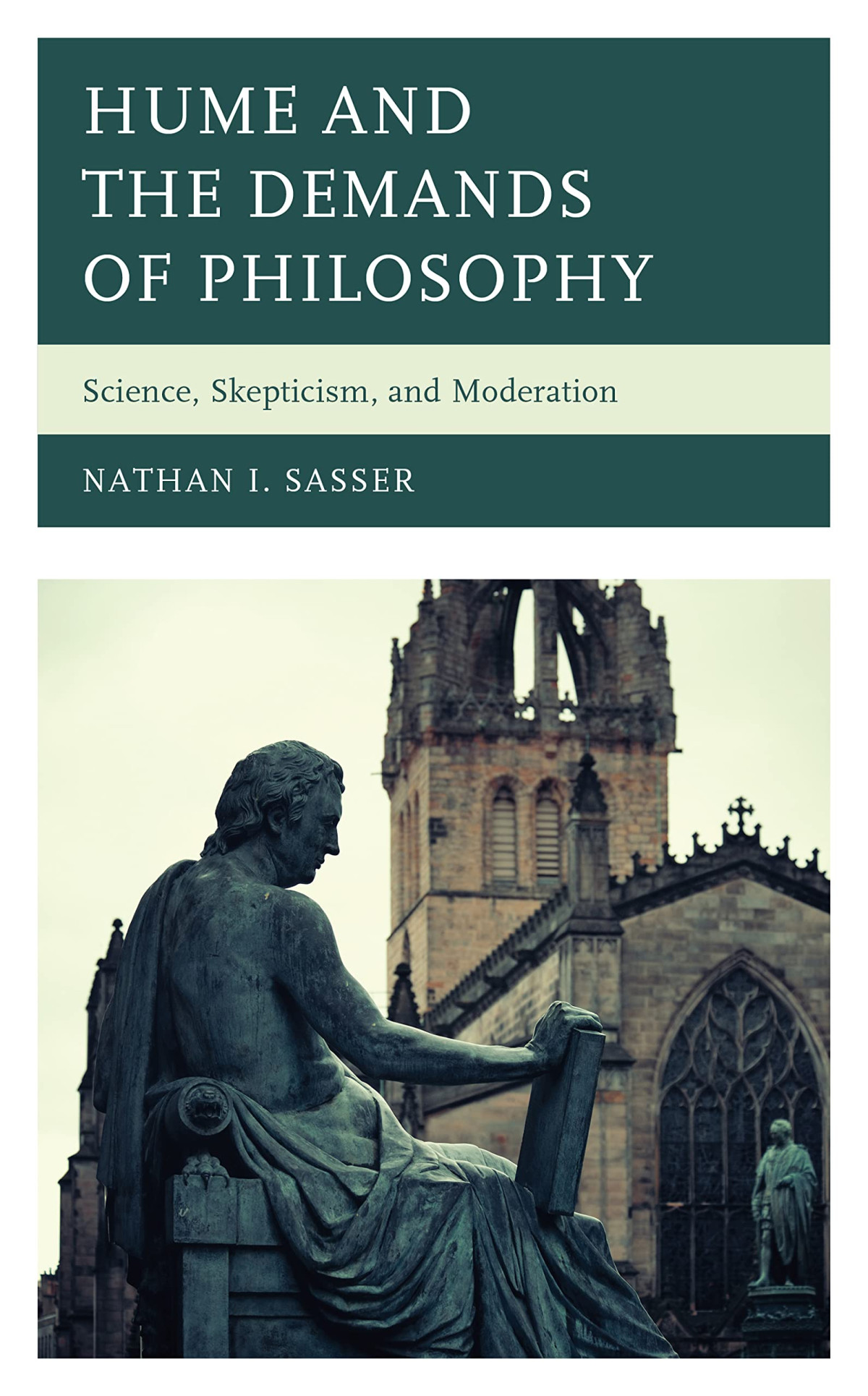

Most ebook files are in PDF format, so you can easily read them using various software such as Foxit Reader or directly on the Google Chrome browser.
Some ebook files are released by publishers in other formats such as .awz, .mobi, .epub, .fb2, etc. You may need to install specific software to read these formats on mobile/PC, such as Calibre.
Please read the tutorial at this link: https://ebookbell.com/faq
We offer FREE conversion to the popular formats you request; however, this may take some time. Therefore, right after payment, please email us, and we will try to provide the service as quickly as possible.
For some exceptional file formats or broken links (if any), please refrain from opening any disputes. Instead, email us first, and we will try to assist within a maximum of 6 hours.
EbookBell Team

4.7
76 reviewsHume and the Demands of Philosophy: Science, Skepticism, and Moderationoffers a comprehensive interpretation of the relationship between Hume’s scientific project and his skepticism. Nathan I. Sasser argues that Hume is a radical epistemic skeptic who has purely practical reasons for retaining the beliefs that are essential for ordinary life and scientific research. On Sasser’s reading, the key to Hume’s epistemology is his conception of philosophy as a normative method of inquiry governing the special sciences. Philosophy approves of the mental faculties that produce reasoning and sensory beliefs. But sensory beliefs and the products of reason themselves face insuperable rational defeater arguments, and because they do, philosophy demands that we suspend these beliefs. Hume’s solution to this skeptical dilemma is to point out the fatal practical consequences of doing so. He advises us not to submit to the demands of philosophy when doing so is neither agreeable nor useful to ourselves or others. Hume’s moderate approach to philosophy recognizes that if the human mind is not created by a beneficent deity, then we must learn to live with the divergence between the epistemic demands of philosophy and the practical demands of life.